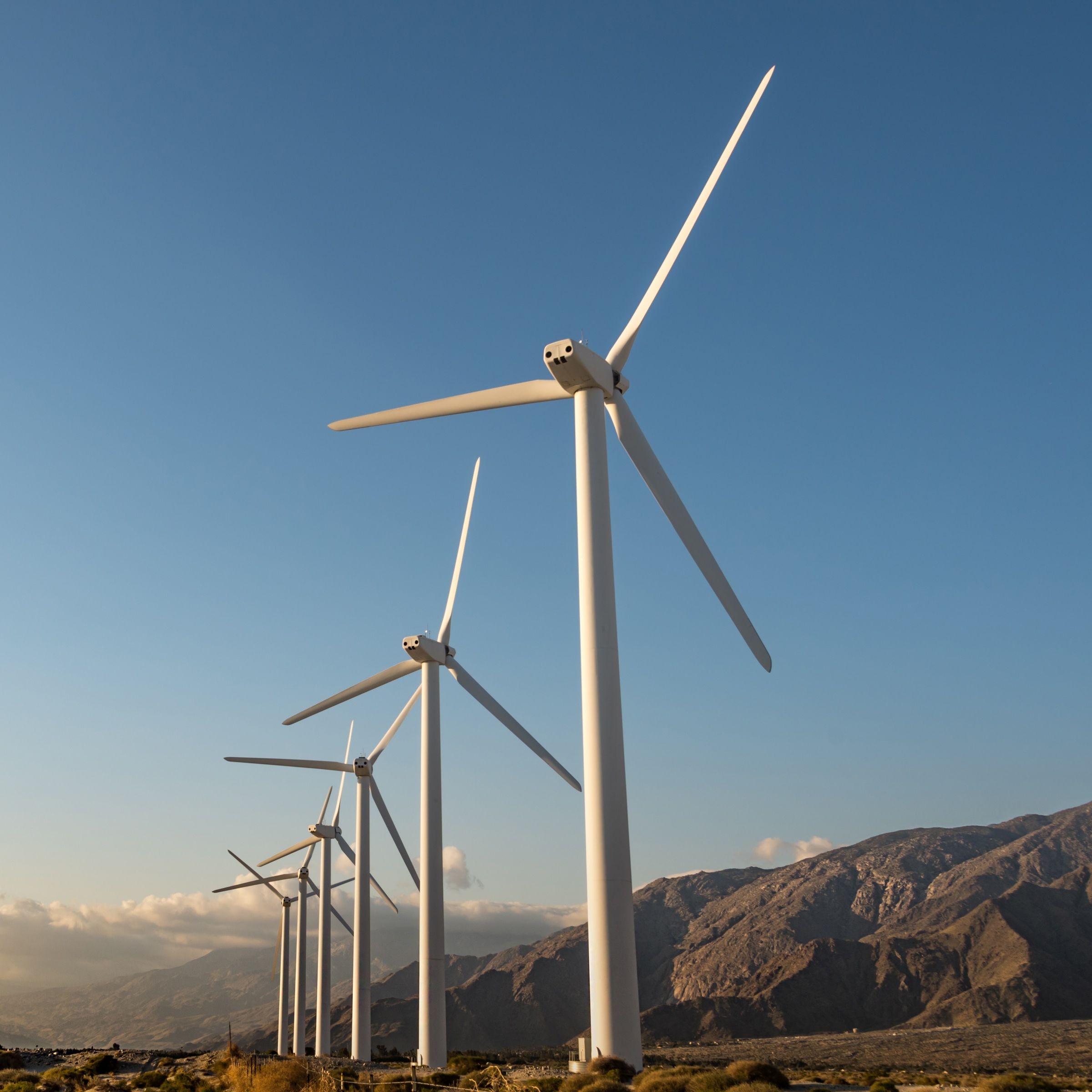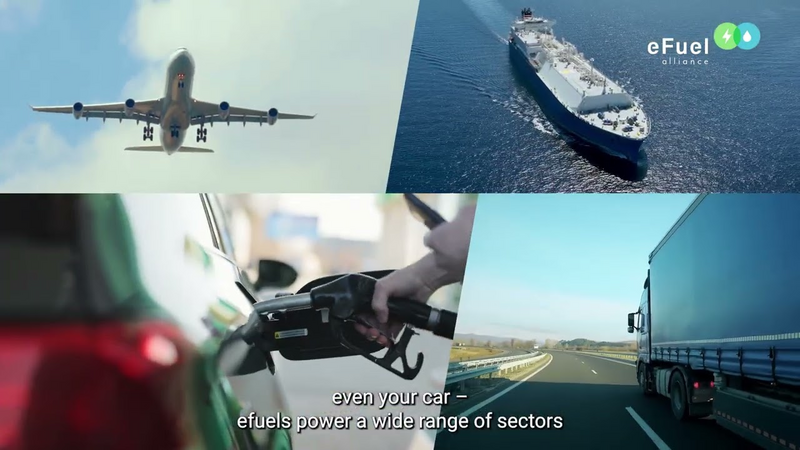
eFuels
eFuels are a CO2-neutral alternative to conventional fossil energy carriers and therefore make a decisive contribution to the global energy transition – shifting the energy demand to the use of renewable sources. eFuels can be used straight away with the existing tank and distribution infrastructure. The production of eFuels requires electricity from renewable sources such as solar or wind, as well as water to produce hydrogen through electrolysis processes and CO2 extracted from the atmosphere. Because eFuels are produced by synthesizing hydrogen and carbon, they are called synthetic fuels.
For these synthetic energy carriers to be used globally, industrial production is required. Especially regions rich in sun and wind with a large amount of renewable energies are ideal locations for the cost-effective production of hydrogen and hydrogen-based downstream products such as eFuels. In these locations, production costs can be significantly reduced and eFuels can offer an affordable climate-neutral alternative to fossil energy carriers for a wide range of applications, such as road, air and maritime transport, but also in the heating market and as a feedstock for the chemical industry.

Tasks and goals
of the initiative
The eFuel Alliance has set itself the goal of advancing and intensifying the production of synthetic carbon-neutral fuels. We therefore actively promote the advantages and benefits of eFuels to policymakers and authorities, the (specialist) public, academia and the media, and proactively engage in decision-making processes and debates. The eFuel Alliance is committed to the green energy transition. This requires technology openness in climate change policy, a comprehensive roll-out of a clean hydrogen economy and its derivatives, a change in energy taxation based on carbon footprint, the crediting of eFuels towards the CO2 fleet targets, the promotion of international cooperation to build a global hydrogen supply chain, and the scale-up of industrial production of eFuels.
Contact us
Would you like more information on the topic or would you like to become a member of the eFuel Alliance?
Then contact us directly!


